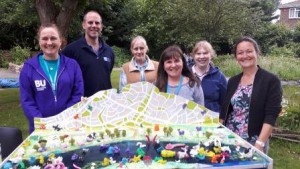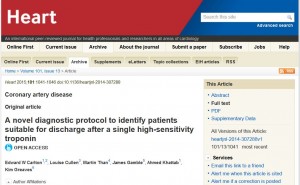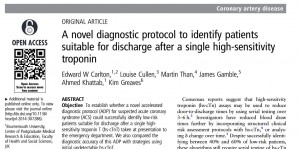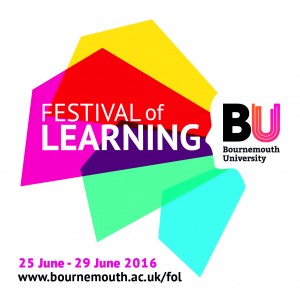 The research councils are replacing their electronic grants submission service, Je-S, in 2017. More information about this project can be found here http://www.rcuk.ac.uk/funding/2017update/
The research councils are replacing their electronic grants submission service, Je-S, in 2017. More information about this project can be found here http://www.rcuk.ac.uk/funding/2017update/
They are looking for more people to get involved in user research. Can you help?
Initially they are looking for researchers; they need to test with both people who have never applied for a research grant through the Je-S system before as well as those who are more frequent applicants. At this stage they will predominantly be testing prototypes with users. User testing will be carried out throughout the year in a number of formats, such as site visits, remotely over Skype, or through labs where users go to a central location nearby.
Test sessions will take between half an hour to an hour. If you are interested in being a tester then please can you let me, Jo Garrad, know by 15th July 2016. You will need to provide me with the following information:
- Name
- Organisation
- Academic Discipline (high level)
- Email address and telephone number
- Have you got experience of applying for grants? yes/no
- Are you likely to apply for grants in the future but haven’t done so to date? yes/no
- Do you work in a research development, finance or other research office role? yes/no
- Have you conducted peer reviews for the Research Councils or any other funder before? yes/no
- Have you sat on an assessment or moderating panel for the Research Councils or any funder before? yes/no
 As you will know, the Government has published a
As you will know, the Government has published a 
 ESRC GCRF Strategic Networks call
ESRC GCRF Strategic Networks call  Newton Fund RCUK-DIPI-TRF-NAFOSTED Research Partnerships Call
Newton Fund RCUK-DIPI-TRF-NAFOSTED Research Partnerships Call

 Academics who are applying for external funding from the EU, such as Marie Skłodowska Curie Fellowships, have been asking whether the EU referendum results will impact on funding available. The RKEO advise that at this stage, there has been no confirmation received that funding will not be available to UK HEIs. As we are unsure how things are going to pan out and it potentially could take 2 years for us to leave the EU from when they operationalise article 50, we would suggest you continue as planned. We should operate on the basis of business as usual and continue to develop high quality bids.
Academics who are applying for external funding from the EU, such as Marie Skłodowska Curie Fellowships, have been asking whether the EU referendum results will impact on funding available. The RKEO advise that at this stage, there has been no confirmation received that funding will not be available to UK HEIs. As we are unsure how things are going to pan out and it potentially could take 2 years for us to leave the EU from when they operationalise article 50, we would suggest you continue as planned. We should operate on the basis of business as usual and continue to develop high quality bids.







![InnovateUK_LogoA_Interim_RGBx320govuk[1]](http://blogs.bournemouth.ac.uk/research/files/2014/12/InnovateUK_LogoA_Interim_RGBx320govuk11-300x90.jpg) Open funding competition
Open funding competition 










 BU attendance at third annual GCPHR meeting in June
BU attendance at third annual GCPHR meeting in June Interactive Tangible and Intangible Heritage Applications – BU student work featured in new book chapter
Interactive Tangible and Intangible Heritage Applications – BU student work featured in new book chapter Second NIHR MIHERC meeting in Bournemouth this week
Second NIHR MIHERC meeting in Bournemouth this week MSCA Postdoctoral Fellowships 2025 Call
MSCA Postdoctoral Fellowships 2025 Call ERC Advanced Grant 2025 Webinar
ERC Advanced Grant 2025 Webinar Horizon Europe Work Programme 2025 Published
Horizon Europe Work Programme 2025 Published Horizon Europe 2025 Work Programme pre-Published
Horizon Europe 2025 Work Programme pre-Published Update on UKRO services
Update on UKRO services European research project exploring use of ‘virtual twins’ to better manage metabolic associated fatty liver disease
European research project exploring use of ‘virtual twins’ to better manage metabolic associated fatty liver disease